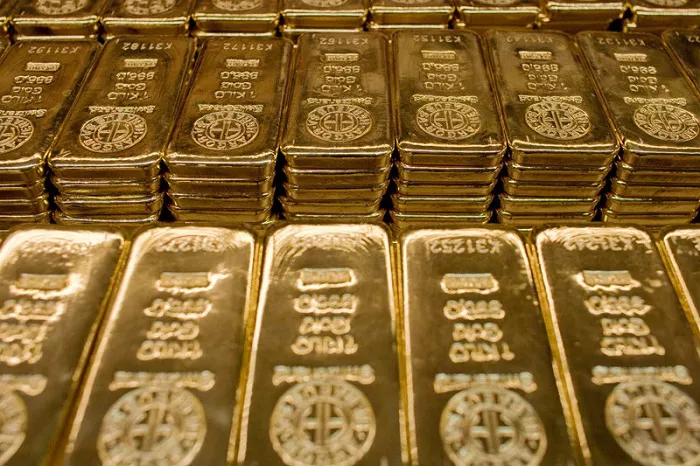Central banks worldwide plan to increase their gold reserves this year, while expecting their US dollar holdings to decline over the next five years, according to a recent survey of global monetary authorities.
Rising geopolitical tensions, risks of sanctions, and doubts about the US dollar’s status have driven central banks to buy record amounts of gold. Recently, gold surpassed the euro to become the world’s second-largest reserve asset after the US dollar.
Gold prices have soared 30% since January and doubled over the past two years as uncertainty and market volatility have pushed investors to seek safety in bullion.
The World Gold Council’s annual survey, which included responses from over 70 central banks, found that a record 95% of respondents expect global central bank gold reserves to grow in the next 12 months—the highest since the survey began in 2018.
Meanwhile, about 75% of central banks surveyed anticipate a drop in US dollar holdings over the next five years.
Shaokai Fan of the World Gold Council said, “There is strong confidence among central banks that more will buy gold, and that their own banks might increase purchases.”
The survey also revealed a trend toward storing more gold domestically rather than in major foreign vaults like London and New York. This shift reflects concerns over access to gold held abroad during crises or under sanctions.
For example, last year India repatriated over 100 tonnes of gold from the Bank of England, and Nigeria’s central bank also brought home some of its gold reserves. About 7% of respondents plan to increase domestic gold storage, the highest rate since the COVID-19 pandemic.
Recent unpredictable comments from US officials have fueled worries among foreign central banks about the safety of gold stored in the United States. The Federal Reserve Bank of New York manages US-held gold on behalf of foreign central banks. In February, then-President Donald Trump raised doubts about whether gold at Fort Knox might be missing, stoking concerns over political interference.
Survey participants cited gold’s strong performance during crises, its zero default risk, and its value as an inflation hedge as key reasons for holding bullion.
Central bank gold buying surged after Russia’s invasion of Ukraine in 2022 and the US’s efforts to isolate Moscow financially. This encouraged many emerging market central banks to diversify away from the US dollar more quickly.
One anonymous respondent noted, “Recent trade tensions have questioned the US dollar’s safe-haven role but strengthened gold’s appeal. Reserve managers see gold as a critical inflation hedge amid geopolitical and trade conflicts.”
However, gold also has drawbacks as a reserve asset, including costs for storage and challenges in transport.


